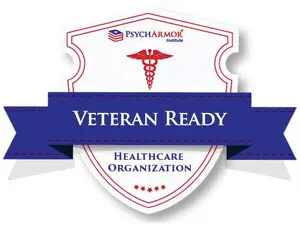5 Key Areas for Better Mental Health
Since May is Mental Health Month, led by Mental Health America (MHA), we thought we’d take some time to discuss addiction and mental illness – and what you can do today to start improving your mental health.
First, let’s talk about the unfortunate overlap between the conditions. A whopping 50 percent of people with severe mental illness (like depression and bipolar disorder) are also dealing with a substance use disorder or dependence. And roughly 37 percent of people with an alcohol use disorder and 53 percent of those with a drug addiction have at least one serious mental illness, according to the Journal of American Medical Association.
Luckily, more and more addition treatments are treating both addiction and mental illness (also known a dual diagnosis or co-occurring disorders) simultaneously. Makes sense, after all, since we know that a strong mental state is key for recovery.
What’s more, it’s becoming more known that simple lifestyle changes – including a healthy diet, quality sleep, stress management, exercise and even good gut health – are playing an increasingly important role in both the prevention of and management of mental health conditions.
In fact, this year’s Mental Health Month theme, Fitness #4Mind4Body, is designed to urge individuals to pay attention to both their physical and mental health – for overall good health.
Here are a few key areas to focus on, according to MHA:
- Diet: People who eat a diet high in whole foods (fruits, vegetables, nuts, whole grains, legumes, fish and unsaturated fats) are up to 35% less likely to develop depression than those who eat few of these foods.
- Gut health: Having anxiety and depression can cause changes in the gut microbiome because of what happens in the body when it has a stress response.
- Sleep: Poor quality of sleep can increase the risk of developing mental health symptoms, including manic episodes, a first episode of psychosis, paranoia, anxiety and depression.
- Stress: Chronic stress and inflammation have been linked to reduced ability to fight off viruses (from HIV to the common cold) and increased risk for heart disease, headaches, intestinal problems, sexual dysfunction, diabetes and even cancer.
- Exercise: Among people in the U.S., those who make regular physical activity a part of their routines are less likely to have depression, panic disorder and phobias (extreme fears).
More on Fitness and Your Recovery
At Seabrook, we believe that regular exercise is an important part of your addiction recovery. To this end, we offer clients a fitness center complete with treadmills, elliptical trainers, recumbent bikes, treadmills, free weights and more. To learn more about our treatment program, call today: (888) 223-0298.



